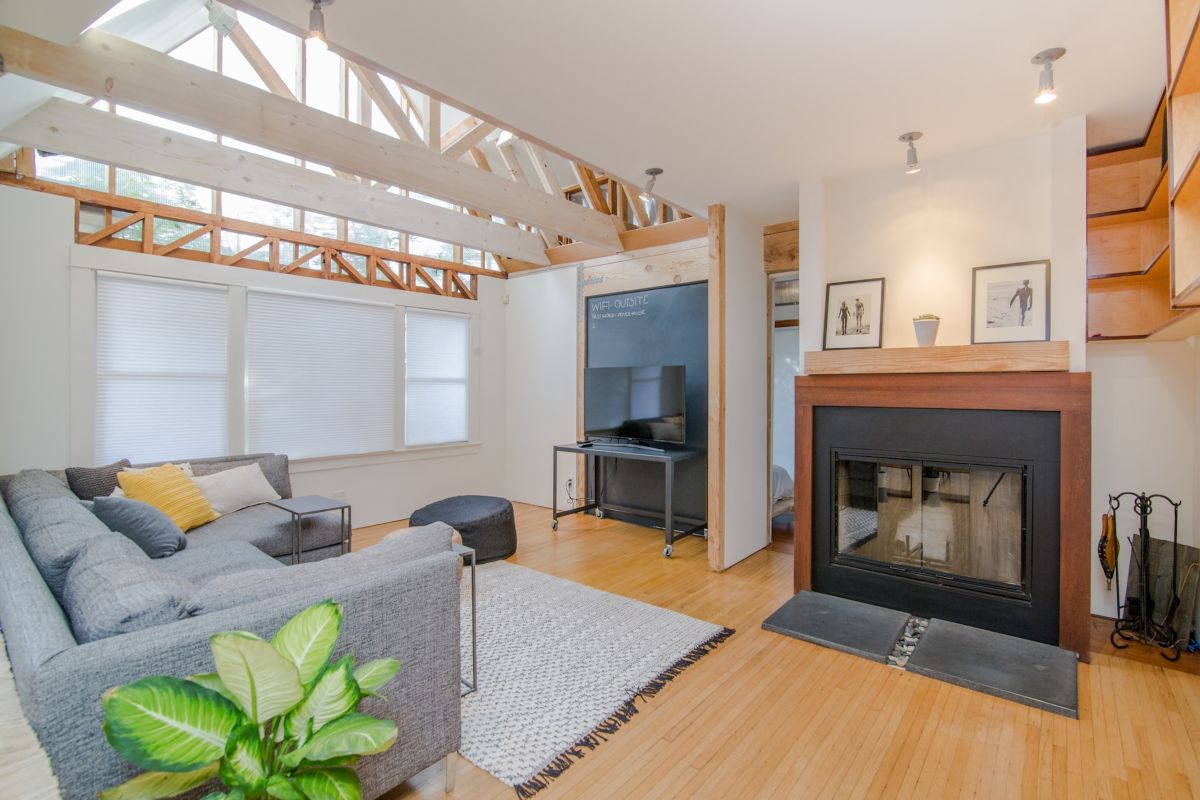The cost of insuring your home can range from a few hundred to several thousand dollars each year, depending on its size, location, furnishings, fittings, and insurance contract.
Homeowners’ insurance premium represents a significant part of a household’s budget. This is because insurers are likely to increase the premiums associated with the contract yearly. Likewise, house renovations and improvements can increase your premiums during the next appraisal.
So, how do you save on your homeowners’ insurance? Keep reading to discover valuable tips and recommendations.
7 Homeowners Insurance Saving Tips

1. Increase the Amount of Deductible
A deductible in insurance terms is the amount you must pay if a disaster strikes. It’s your contribution to a claim settlement should a tragedy occur. Typically, the deductible amount depends on the premiums payable.
If the premiums are high, the deductible amount is lower. On the other hand, lower premiums mean the deductible will be higher. Even though increasing the deductible will reduce your insurance cost, it’s essential to consider the cost that you will incur should a disaster striker.
As with any other insurance policy, you can find different ways to minimize the contributions without compromising the quality of your coverage.
If your property is located in a disaster-prone area, your insurance coverage may have more than one deductible, depending on the damage expected. For instance, you can have a windstorm deductible if you live near the ocean. Likewise, if the area is earthquake-prone, you’ll need an earthquake deductible.
2. Evaluate your Mode of Payment
Choosing the right mode of payment can help you escape some of the costs. For example, check payments may attract clearing fees, whereas direct debits may not have additional fees.
It’s not only about saving on your homeowners’ insurance but navigating some avoidable costs.
3. Compare Different Providers
As noted, insurance companies may review the pricing at the end of the contract. A recent report shows that home insurance premiums are rising quicker than the rate of inflation. It is therefore advisable to avoid automatic renewals so you can shop around at the end of the year and get favorable homeowners insurance quotes.
It may take a considerable amount of time searching through various providers, but it can save you some money.
Ways to shop around for the best home insurance rates include:
● Get referrals from friends, relatives, neighbors, and colleagues.
● Check consumer guides, Yellow Pages, or your state’s insurance unit.
● The National Association of Insurance Commissioners(NAIC) has helpful guides
● You can work with an independent or online agent to get the best carrier with competitive rates and adequate coverage.
4. Bundle Multiple Insurance Contracts
Insurance companies will often offer discounts to their clients for bundling or buying different insurance products from the same provider. For example, you can purchase auto, health, pet and homeowners insurance from the same company.
Some providers may also provide aggregated deductibles, which allow you to pay a single out-of-pocket expense for many insured assets affected by a similar occurrence.
Another benefit of bundling is that the policies are easier to control, resulting in greater convenience. After shopping around, review the discounts being offered by various providers and choose the best deal. Nonetheless, the amount you save depends on the insurer. Some providers can offer up to 25% in premium discounts.
5. Home Improvement Projects
While some home improvement projects may increase the overall cost of property and, as a result, homeowners insurance, others may help to reduce monthly premiums.
For instance, installing smart home technology that notifies you of potential danger or damage shows your commitment to reducing risks. Other projects include installing fire alarm systems, sprinklers, fire detectors, and fire-proof roofs.
Protecting your home from potential break-ins by having anti-theft alarm systems and deadbolts on doors are also projects your insurer takes into consideration.
If you live near the ocean or sea and your area is prone to storms and hurricanes, you can install shutters on windows to protect against strong winds which can destroy the property and furnishings.
Reinforce the roof or install sturdy roof materials to reduce the risk of collapse. If you live in an old property, you can retrofit it to withstand tremors and earthquakes.
Before you consider any renovation, talk to your insurer and evaluate the type of discounts available.
6. Have A Low Credit Score
A better or lower credit score greatly impacts your insurance premiums. A credit score is a number between 300 and 900 that indicates how creditworthy you are.
Although lending institutions are the primary users of credit reports, other service providers such as landlords and insurance companies require credit scores for various reasons.
However, unlike lenders who use credit scores to establish your financial health, insurance companies use the rating to predict your likelihood of filing a claim.
Research reveals that people with poor credit scores represent a bigger percentage of the claim payout. An insurer will see you as a risky client and give you a higher insurance premium.
Unlike banks, insurance companies generate soft inquiries from credit reporting agencies to ascertain your score. Luckily, a soft inquiry has no impact on the credit report or score.
If your credit score is poor, you can raise it by doing the following:
● Set reminders on your phone or calendar to pay your bills on time.
● Avoid having many open accounts, particularly credit cards or current accounts, as they can incur fees.
● Consolidate debts into reasonable payments.
● Get your free credit score from AnnualCreditReport.com every year to know where you’re classed.
7. Review your Home Insurance Limits
After every home improvement or addition to your property, your insurance policy terms may change.
Even though a property increases in value over time depending on market conditions, assets such as furniture lose value. For example, your $2500 coach may be worth $1500 after five years. In this case, you may have to review your limits and lower your premiums.
Conclusion
Generally, you can negotiate favorable homeowners insurance with your insurer by highlighting your strong points. For instance, do you have fire-fighting equipment?
Have you installed sprinklers or a smoke detector? Tell the agent about such developments when negotiating your home insurance contract. Additionally, if you’ve installed anti-theft gadgets such as an electric gate or window bars, let them know.
And remember, the higher the risk of damage, the higher your overall premium costs.
You May Like To Read:
- Limited Pay vs Regular Pay Term Insurance
- Undeniable Reasons You Need Travel Health Insurance
- 7 Ways To Save Money On SR-22 Insurance
Author Bio: Allan is a retired rugby player and an accomplished writer who majors in creating top-notch articles about insurance and finance. His writings on topics like Personal Finance Management, Medical, Life & Homeowners Insurance have been published on many leading finance & business blogs, websites, and magazines. When he is not writing or catching up on rugby matches, he would probably be seen sipping coffee at a cafe in the neighborhood.
















